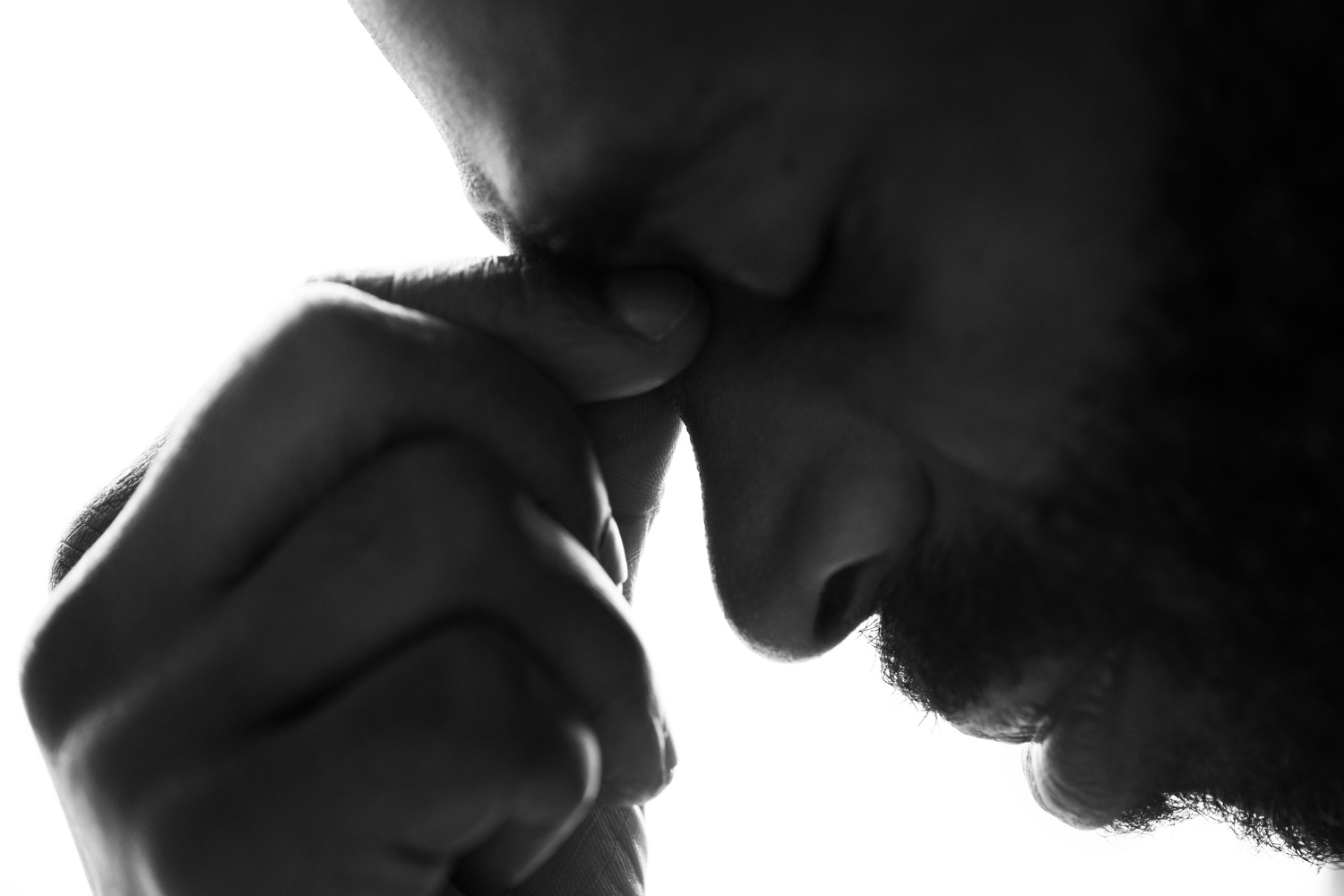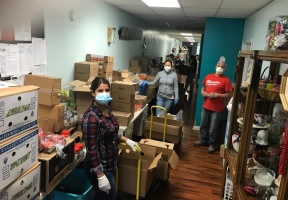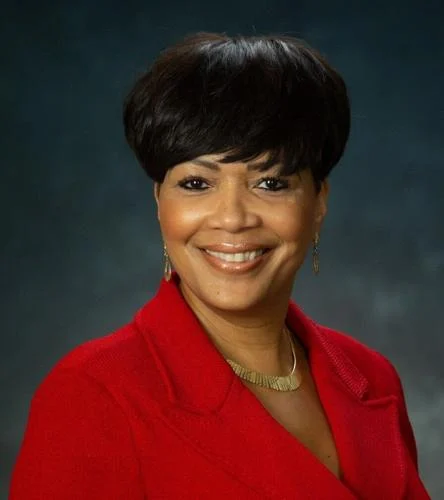Inside the maternal health crisis on Chicago’s South Side
admin2024-04-18T16:08:19+00:00The U.S. has one of the highest maternal mortality rates among high-income countries, and the issue continues to be a health crisis here in Illinois.
When we zoom into Chicago, rates are even worse, especially for Black women and those with lower socioeconomic status. Three out of four people living in the South Side and South Chicago are Black. An obstetrical desert continues to plague these neighborhoods, forcing mothers into risky situations.
What’s happening on the South Side?
The South Side of Chicago and the Southland have lost over half of their labor and delivery beds between 2000 and 2020 as hospitals and clinics closed their obstetric units.
UChicago Medicine’s first Chief Obstetrical Transformation Officer Dr. Sarosh Rana points to financial issues. Many hospitals in the area are providing care to a huge population of mothers on Medicaid, Dr. Rana explained.
“They’re oftentimes having to weigh the expenses of keeping a service open to what they’re actually being reimbursed,” South Side Healthy Community Organization’s Sarah Janvier added.
What’s the impact of a maternal healthcare desert?
Because there aren’t many options for pregnant people in the South Side, they often have to leave their communities for care. Janvier said some patients must travel 30 minutes or more to seek care. And not everyone can do that.
“Because of all the constraints around time, having to take time off of work and transportation, they’re making the decision to forgo care altogether,” Janvier said. “Which starts to create complications later on in the pregnancy because they’re not accessing care in an earlier state.”
According to Dr. Rana, Black individuals are at an increased risk of complications during pregnancy especially because a disproportionate percentage of the population starts pregnancy with other health problems like hypertension and obesity. And lack of access to high quality health care continues to exacerbate the issue.
How is this being addressed?
UChicago Medicine is working with groups like South Side Healthy Community Organizations and federally qualified health centers like Friend Health to bring maternal-fetal health specialists to local clinics without making mothers travel outside of their neighborhoods, Dr. Rana said.
“A mother can go in and have that service done in the same appointment as opposed to seeing her physician at one location and getting an ultrasound at another location,” Janvier said.
On top of health services, this partnership aims to help patients with transportation, housing and food insecurity.
Reset host Sasha-Ann Simons spoke with UChicago Medicine’s Dr. Sarosh Rana and South Side Healthy Community Organization’s Sarah Janvier.











